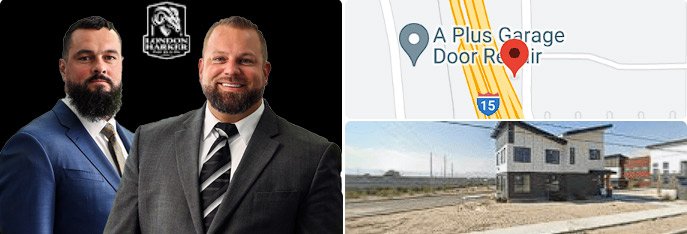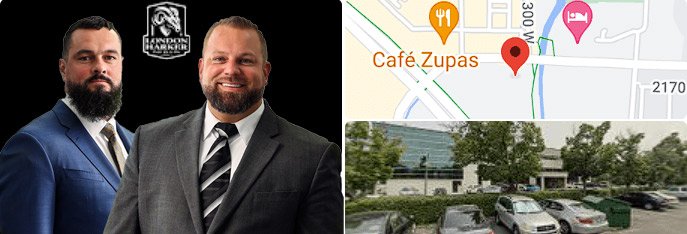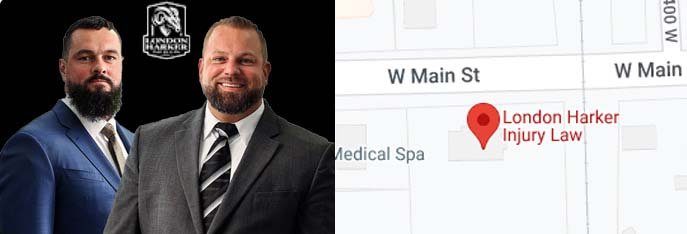Posted on Thursday, November 16th, 2023 at 9:00 am
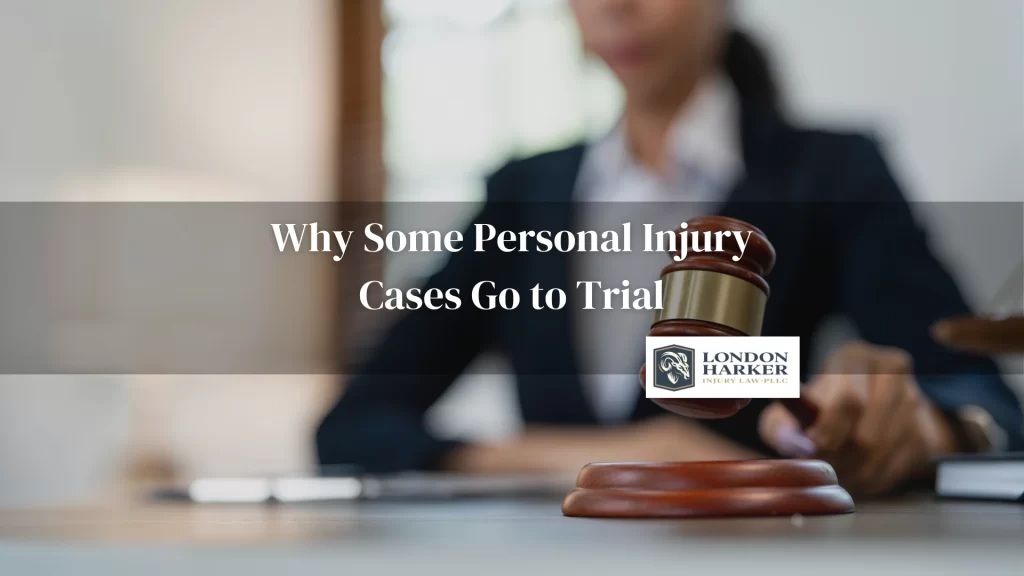
If you’re in an accident in Utah, you could get hurt. If the accident was someone else’s fault, you could be entitled to pursue compensation for your injuries and losses. That usually happens through an insurance claim filed with the at-fault party’s insurance company. It’s always a great idea to hire an attorney to represent you. When you hire an experienced personal injury lawyer, they can take over your case so you don’t have to worry about the details of proving your claim, obtaining evidence, or negotiating a settlement.
Most Utah personal injury cases are resolved with a settlement agreement between the parties. But that doesn’t always happen. Sometimes, the insurer denies the claim or won’t make a reasonable settlement offer. When that happens, you and your attorney may file a lawsuit against the at-fault party or their insurer.
What Percentage of Personal Injury Cases Make It to Trial?
The U.S. Department of Justice reports that around three percent of all tort cases go to trial. A “tort” is the loss or harm one person experiences because of another person or party. Many cases settle during the pre-trial period.
Why Your Lawyer Might Want to Take Your Case to Trial
There are many good reasons your injury lawyer might suggest that your case should be tried in court, including:
- The at-fault party in the case denies that the accident was their fault and refuses to take responsibility.
- A trial is a public forum. Depending on the facts of the case, the at-fault party may not want their involvement in the case to be made public or the amount of any award they’re ordered to pay to be revealed in the court records.
- The at-fault party’s insurance company refuses to offer an appropriate settlement amount.
- Your case is supported by strong evidence that makes your lawyer believe your case will win in court.
- Your injuries were so severe, and your losses so great that your lawyer thinks your situation will affect the judge and jury favorably.
- The at-fault party’s conduct was so egregious that your attorney thinks you have a good chance of being awarded punitive damages and the compensation you deserve.
What Are the Advantages of Going to Trial?
Although there are situations where a settlement agreement might be the best avenue for obtaining the compensation you deserve, going to trial is also an option in many cases. If your lawyer thinks that going to trial will work in your favor, they will suggest filing a lawsuit. Some of the advantages of going to trial include:
- The injured party could receive a much higher award than they would if they settled their case with the insurance company.
- A neutral party (the judge or jury) decides the outcome and amount of compensation awarded if you win.
- The injured party might receive an award of punitive damages in addition to their court settlement. These damages are meant as punishment for the at-fault party to discourage them from repeating the behavior. Punitive damages are not available in a settlement; they can only be awarded in court.
Disadvantages of Taking an Injury Case to Trial
Just as there are advantages associated with going to court, there are also reasons why you might not want to go to trial, such as:
- You have no control over the outcome. In a trial, the judge or jury will decide the outcome of your case. When your lawyer negotiates a settlement with the at-fault party, you at least have a say in the eventual settlement amount. Unless you have a strong case, you might lose at trial.
- The discovery process that precedes the trial could be the lengthiest part of the litigation. Both sides exchange information and documents relevant to the case, depose witnesses, and prepare their trial strategies. This stage can take months, delaying the date when your compensation arrives.
- After discovery, your trial date will be scheduled at the court’s convenience. If the court where your case will be heard is backed up, you may have a long wait before you can present your case.
- Conducting a trial costs more. The attorney will spend more time and energy presenting your case at trial, and court costs and fees will be added to the total cost.
What Happens in a Trial?
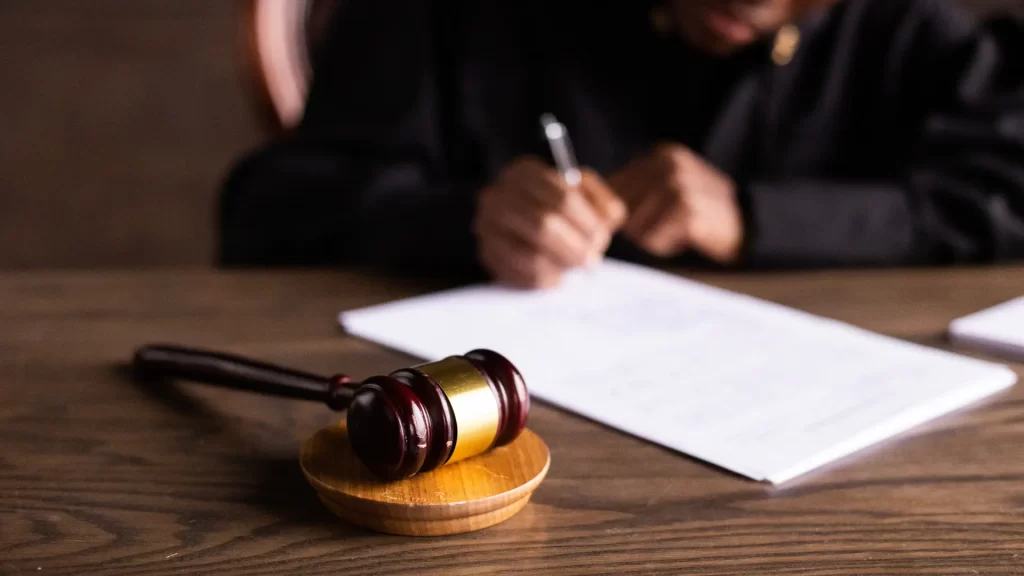
If your attorney requests a jury, the first thing is that the jury will be selected. After that, the attorneys will present opening statements. Next, your attorney will present your case, including calling any witnesses to testify on your behalf. The at-fault party’s attorney will be able to ask these witnesses questions. After your attorney presents your case, the other side presents theirs similarly.
The judge or jury reviews the evidence from both sides, determines who was at fault and how much, and decides on the award amount.
A typical trial may take several days or longer, depending on the evidence presented and other factors. Your attorney will prepare you for the trial and estimate how long it might take.
Once a decision is reached and an award is made, either party can appeal the decision. If you’re dissatisfied with the court’s decision, you and your lawyer can discuss whether there are grounds to file an appeal. If so, your lawyer can file an appeal on your behalf.
Get a Seasoned Personal Injury Lawyer from London Harker Injury Law on Your Side
We have experience settling personal injury cases and taking them to trial. Maximizing compensation is one of our strengths at London Harker Injury Law. Our experience and willingness to go to trial have recovered millions of dollars for our clients.
For a free case evaluation with a Utah personal injury trial lawyer, call us at 77CARCRASH. If you prefer, you can reach us through our online contact form. We won’t charge you any upfront fees. If we don’t get money for you, you’ll never owe us any legal fees. Don’t go through this alone. Call today.
Related Posts
